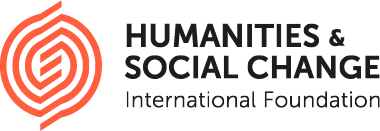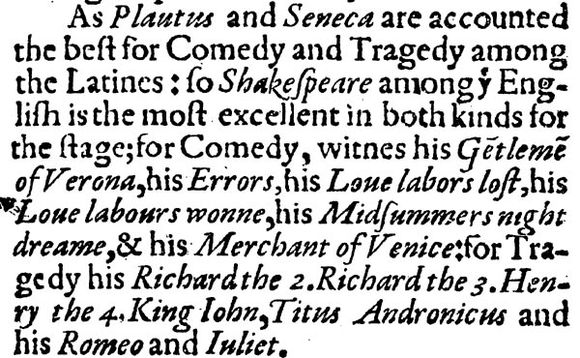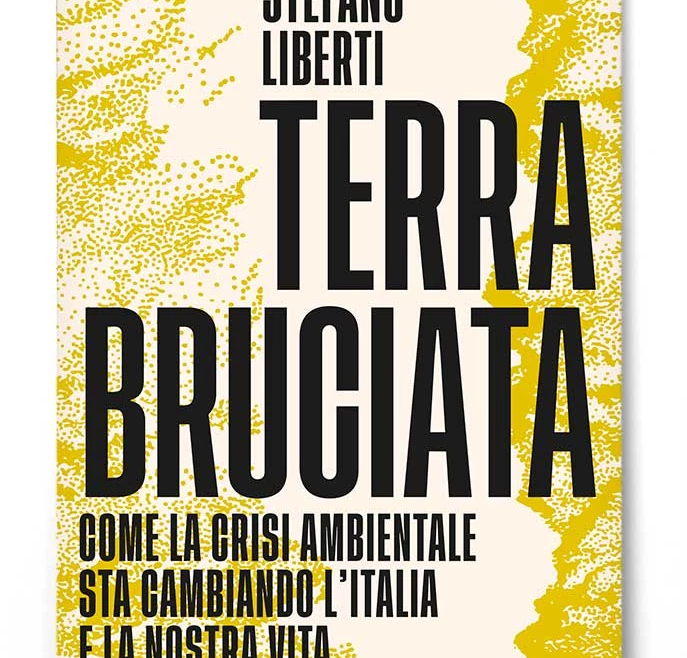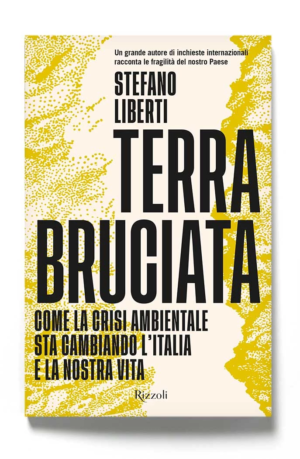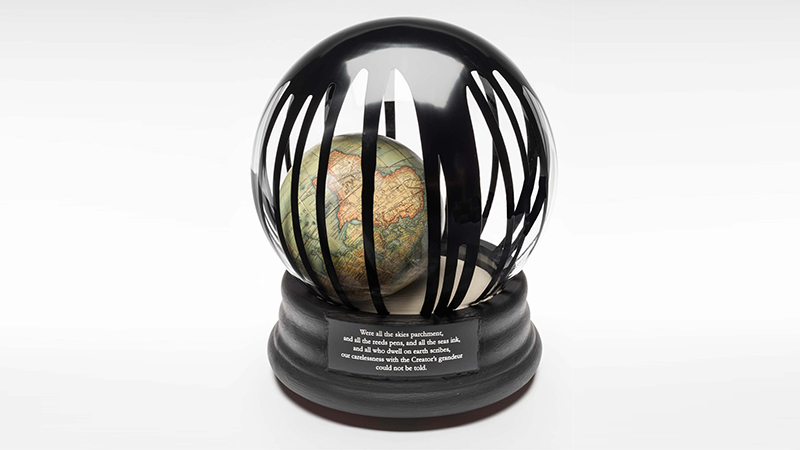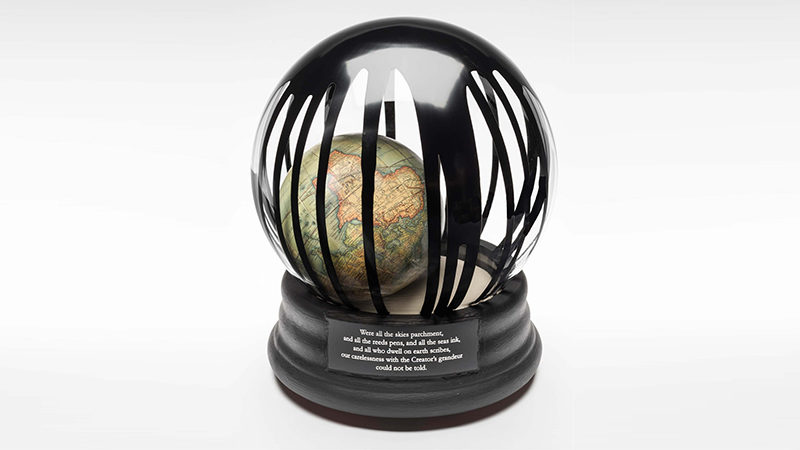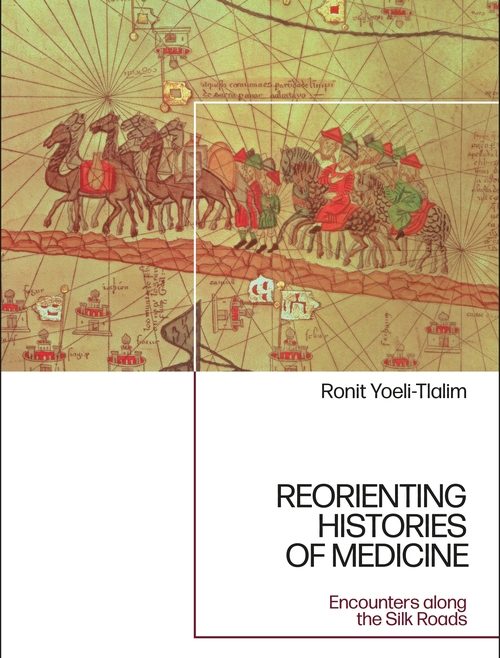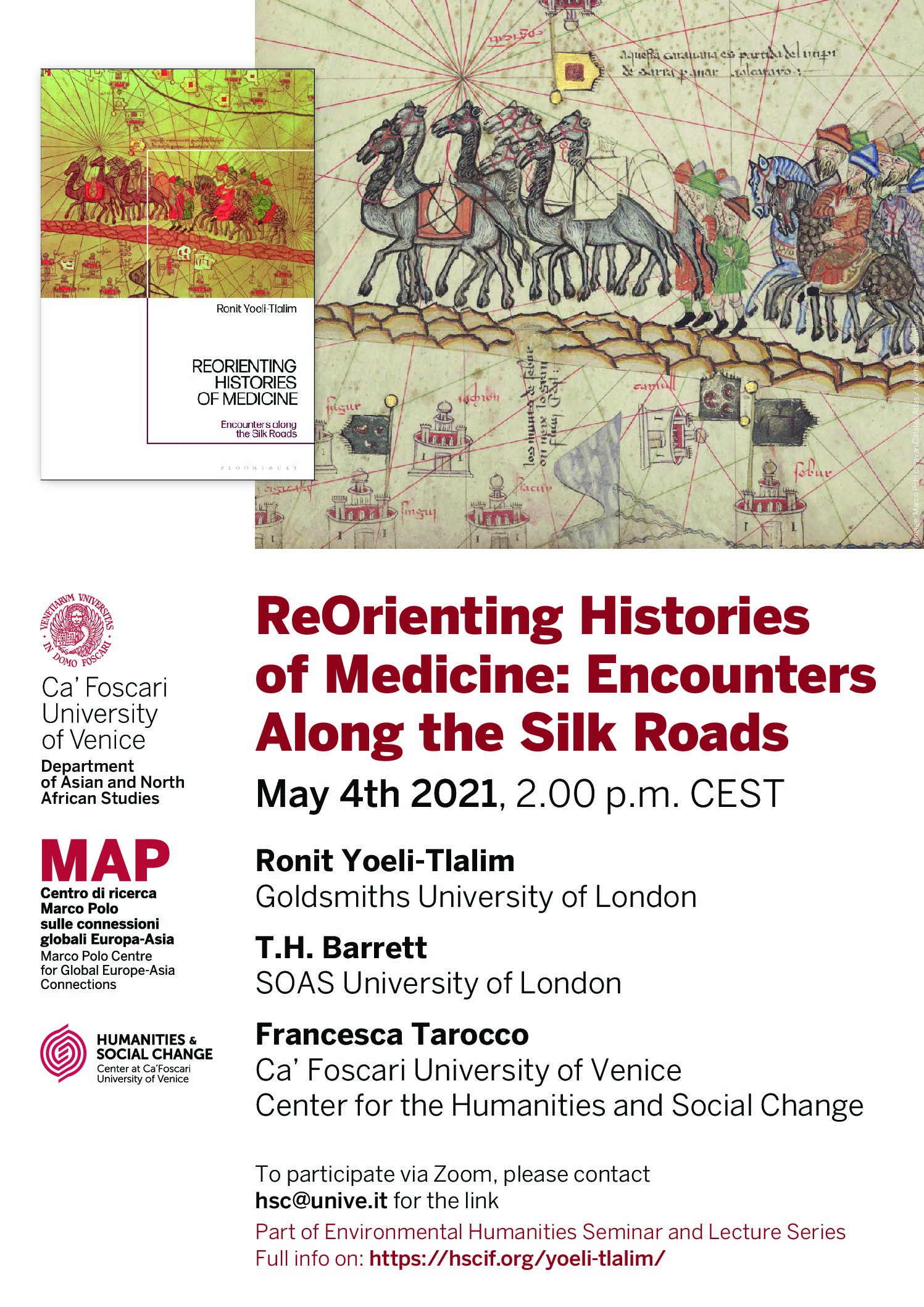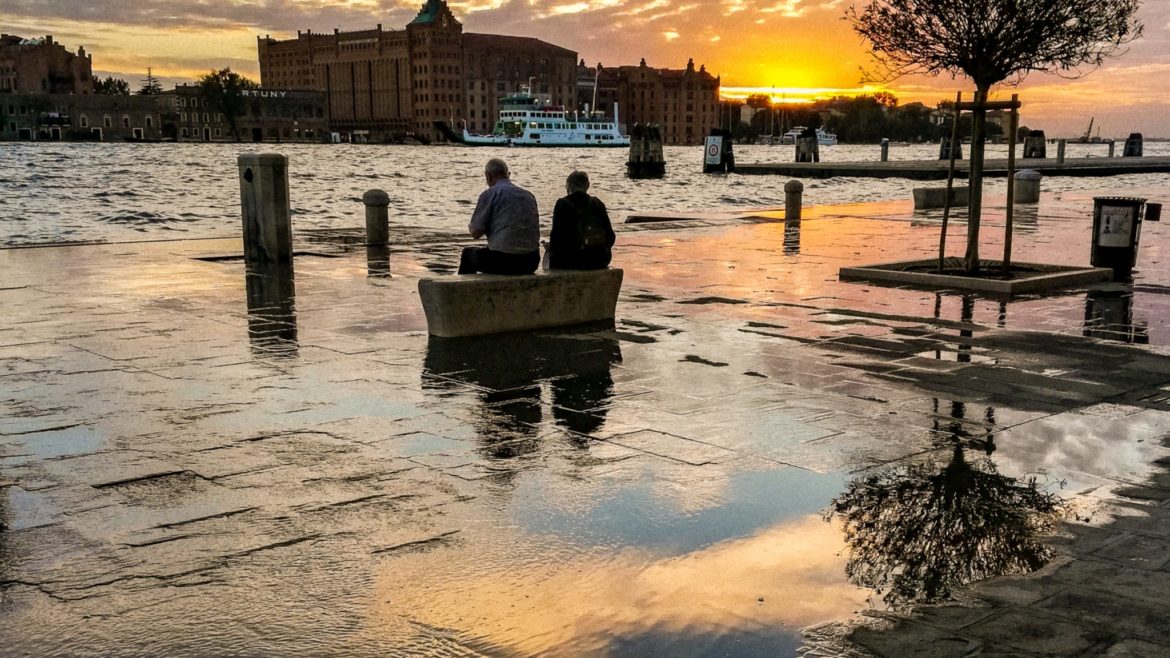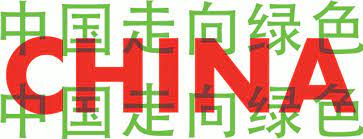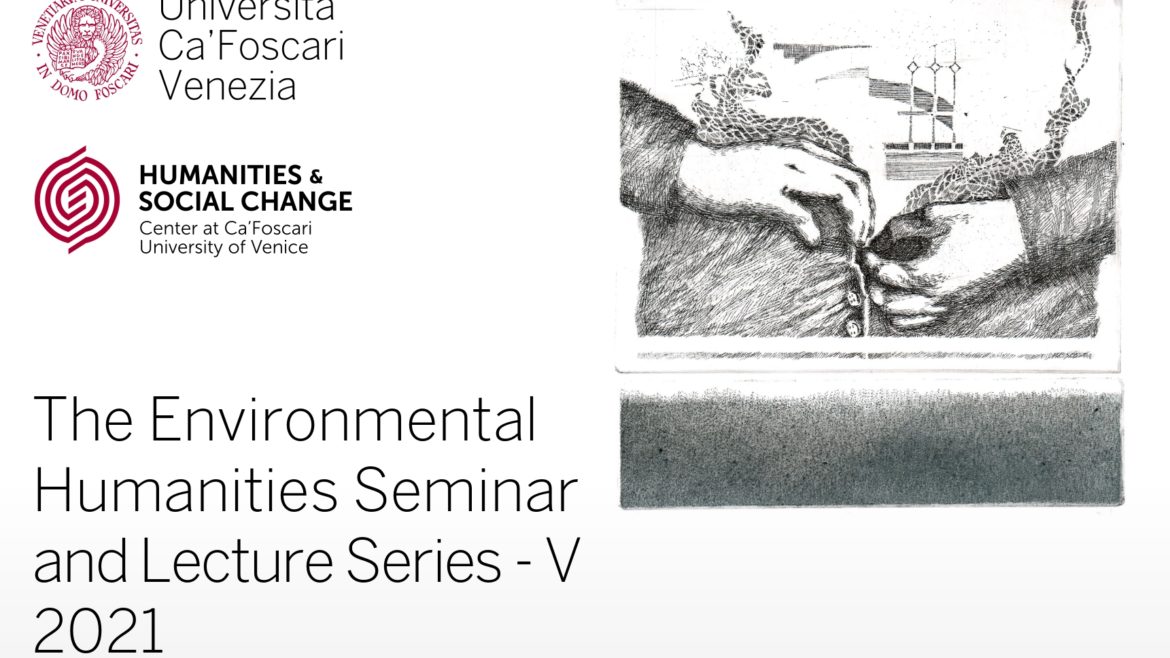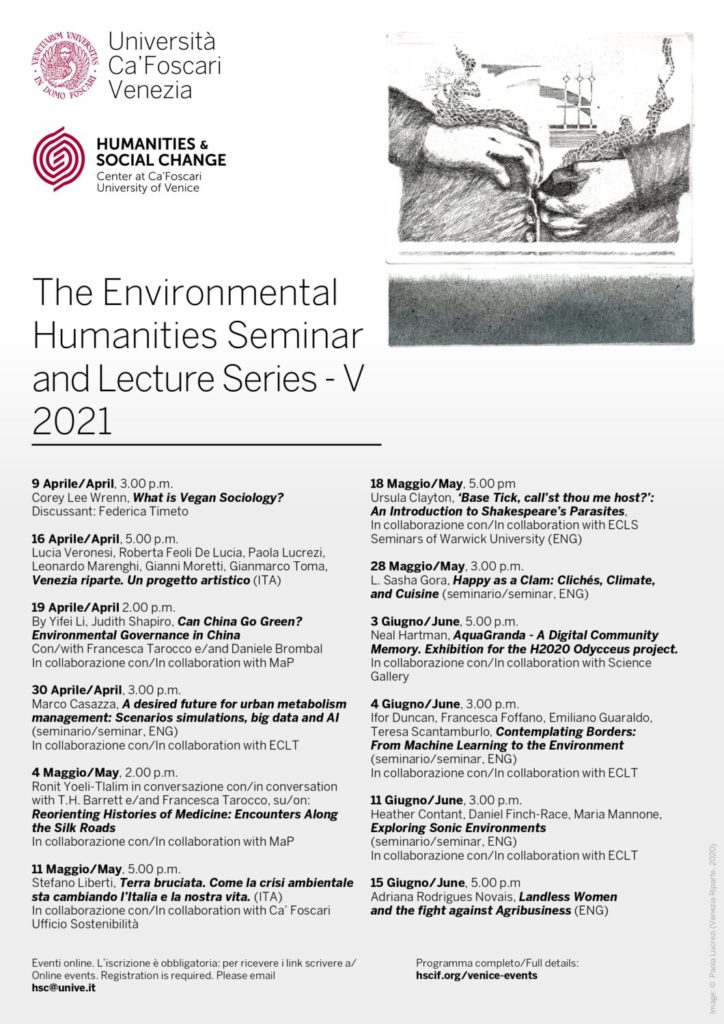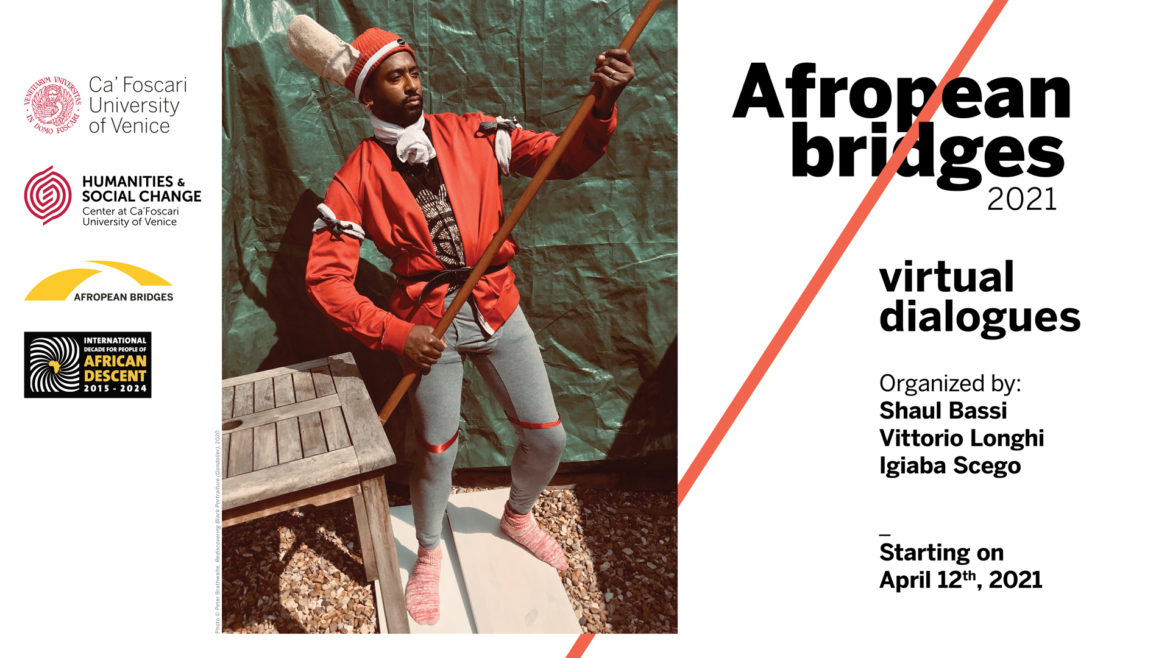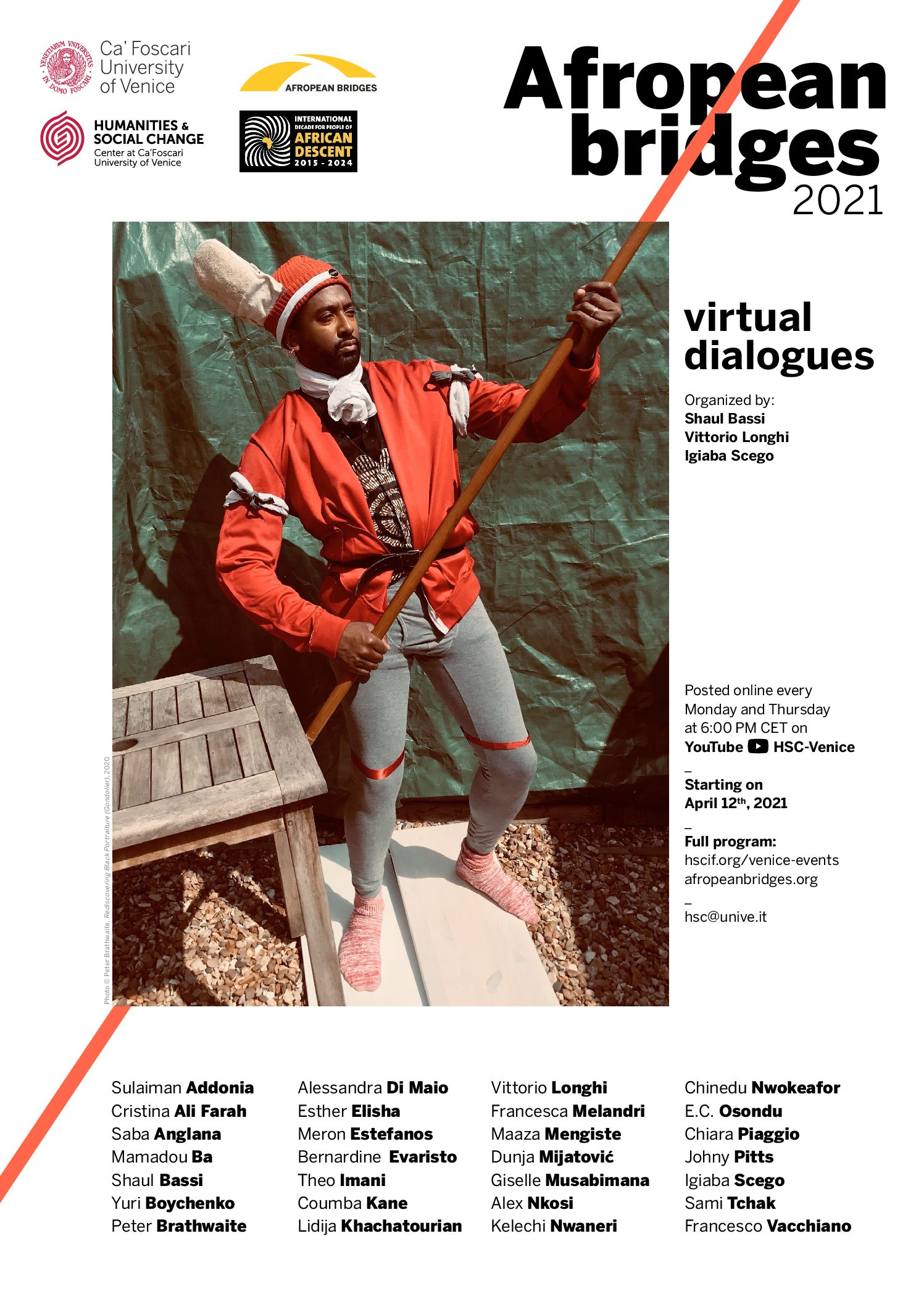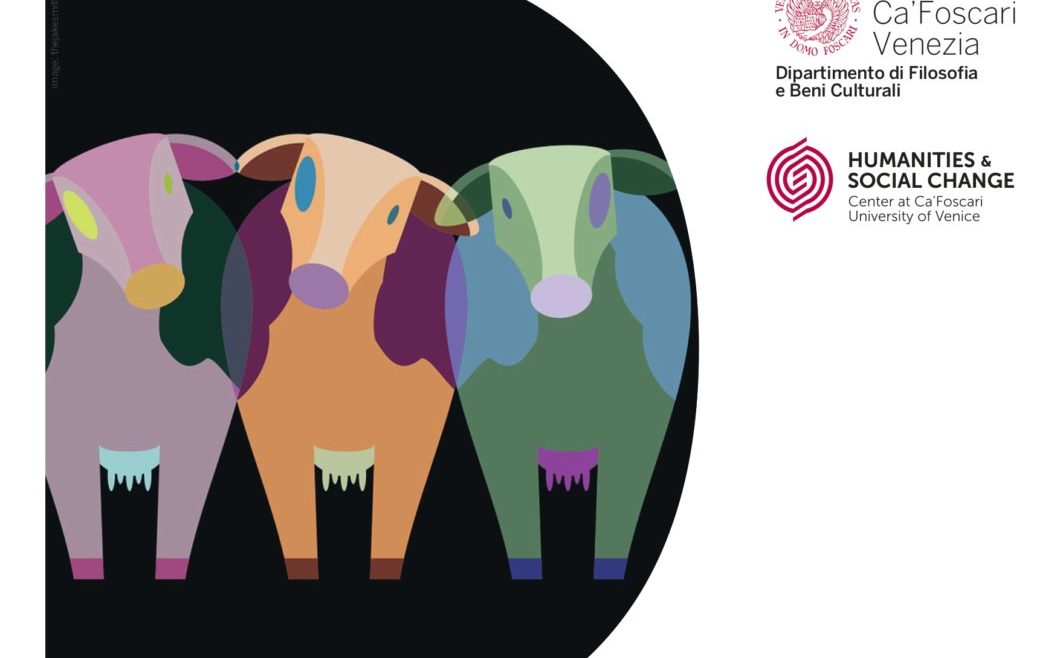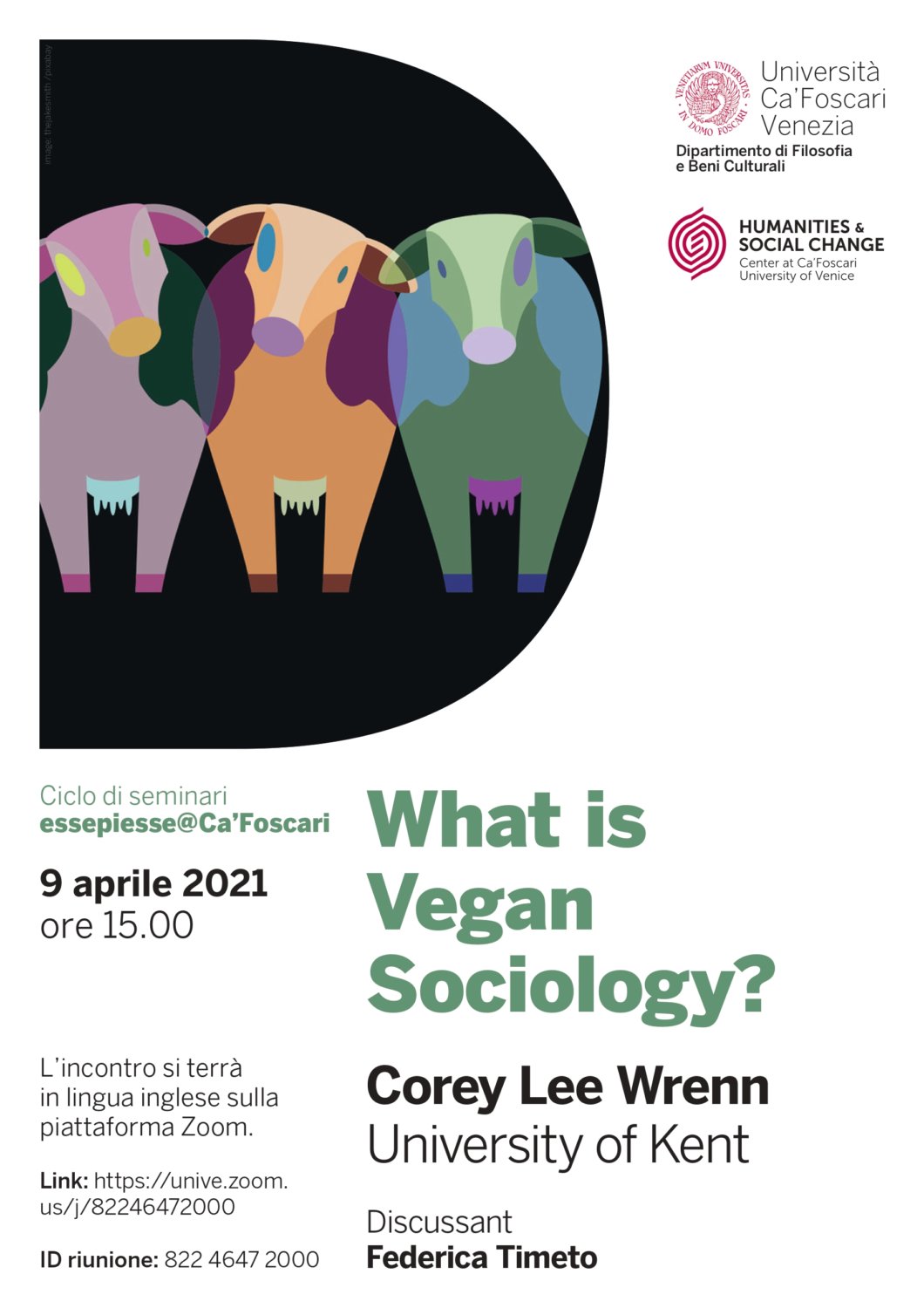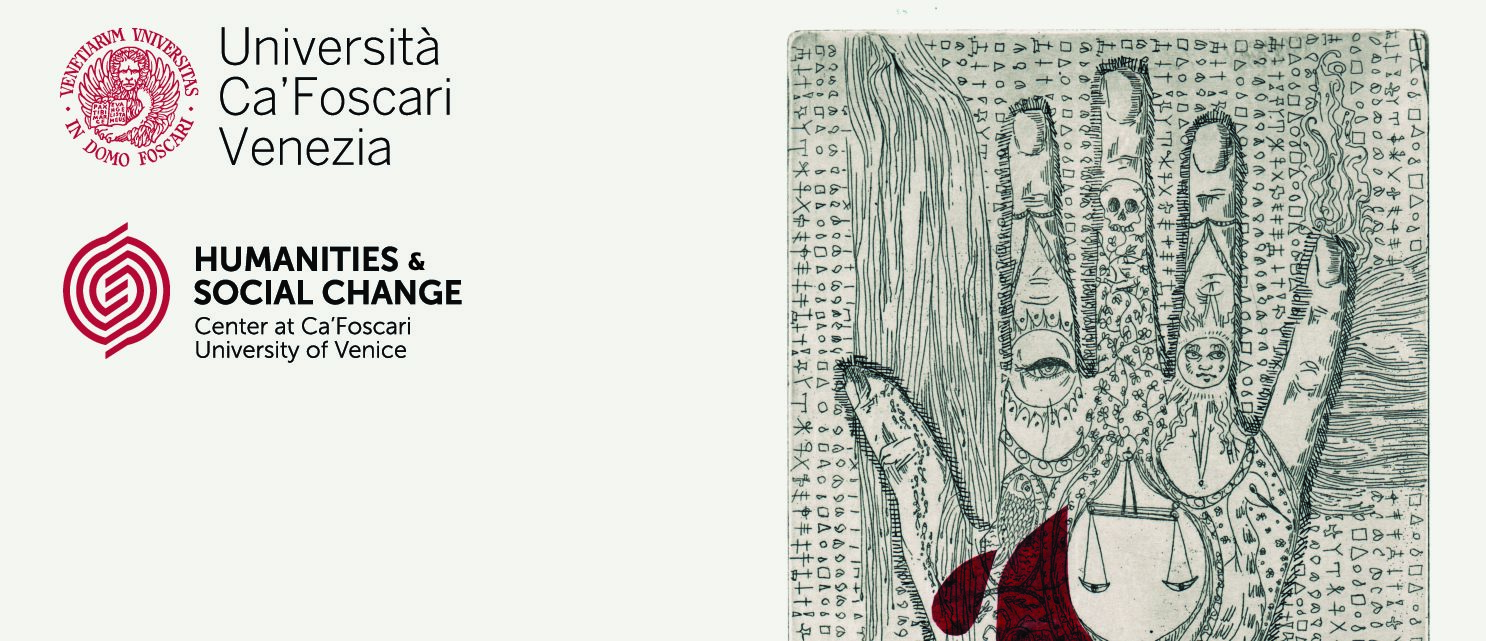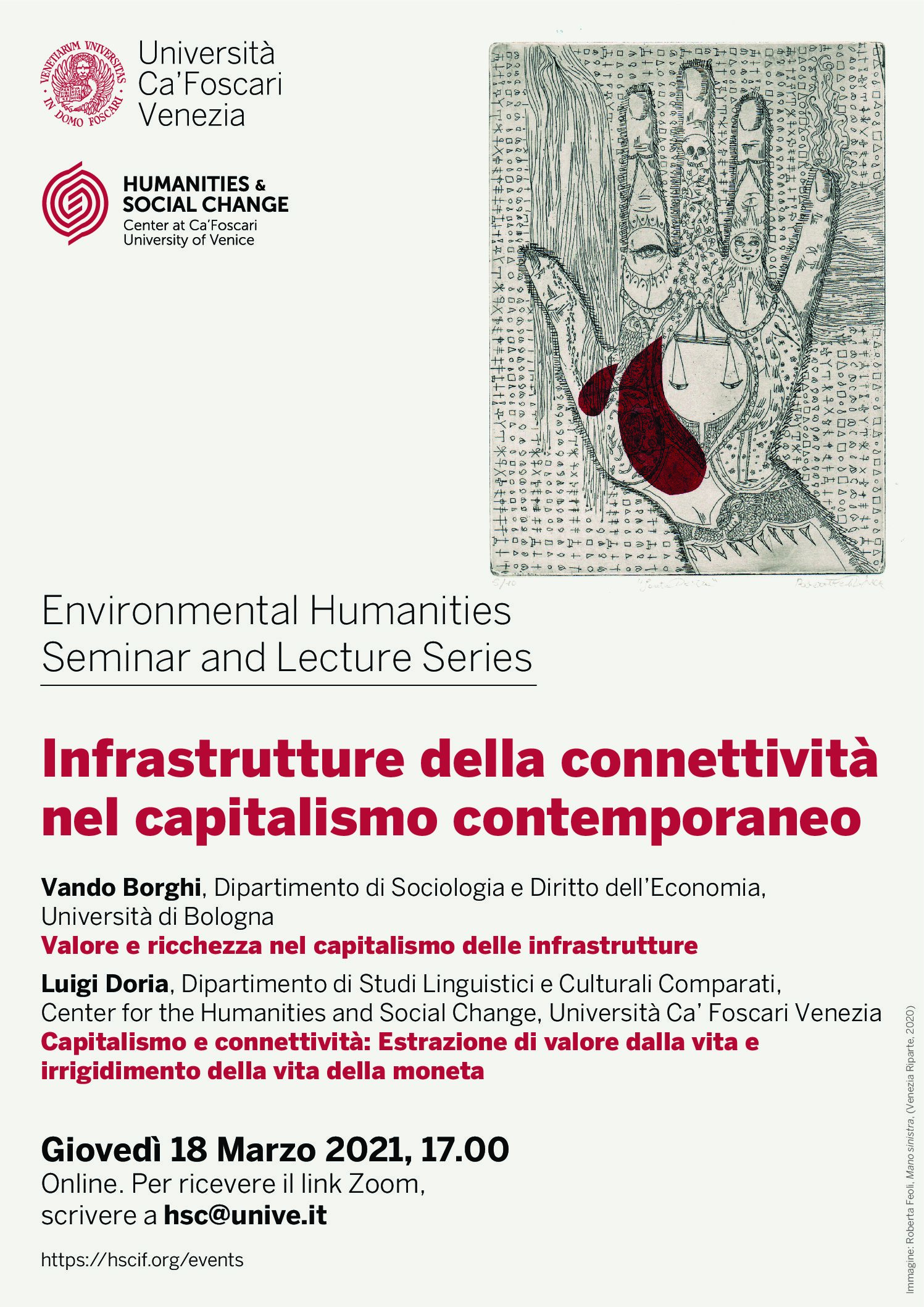From April 12th to May 27th the Center for the Humanities and Social Change is going to release an important series of dialogues marking the third edition of Afropean Bridges.
Afropean Bridges is an international workshop hosted by Ca’ Foscari University of Venice and focused on the identity of Europeans of African origin and on the multiple relations between Africa and Europe. The workshop aims to literally “bridge the gap” between the reality and the misleading clichés about African-Europeans, especially those related to migration, development, and human rights.
Dialogues are going to be released twice a week (Monday and Thursday at 6.00 p.m. CEST) according to the calendar below, and will remain available in a dedicated playlist on HSC-Venice Youtube Channel (individual links next to each dialogue below) and on the Afropean Bridges website. Unless otherwise stated, dialogues are in English
Afropean Bridges 2021
Monday, April 12th
Dunja Mijatović interviewed by Vittorio Longhi (LINK)
Dunja Mijatović is Commissioner for Human Rights of the Council of Europe. Her office has recently released a report on Combating racism and racial discrimination against people of African descent in Europe.
Vittorio Longhi is a journalist and author, and one of the organisers of Afropean Bridges. His latest book is Il colore del nome, Solferinolibri 2021
Thursday, April 15th
Bernardine Evaristo & Maaza Mengiste with Shaul Bassi (LINK)
Bernardine Evaristo was born in London in 1959 to an English mother and Nigerian father. She is the author of eight novels, and plays and criticism. Girl, Woman, Other (Ragazza, donna, altro, Sur 2020) won the Man Booker Prize and the British Book Award, and was finalist for the Orwell Prize for political literature and the Women’s Prize for Fiction.
Maaza Mengiste is a novelist and essayist. She is the author of the novel, The Shadow King (Il Re ombra, Einaudi 2021) which was shortlisted for the 2020 Booker Prize, and was a 2020 LA Times Book Prize Fiction finalist. Her debut novel, Beneath the Lion’s Gaze (Lo sguardo del leone, Neri Pozza 2018), was selected by The Guardian as one of the 10 best contemporary African books.
More information (in italian) here
Monday, April 19th
Peter Brathwaite & Theo Imani with Igiaba Scego (LINK)
Peter Brathwaite is a British baritone, author of the Black Portraiture series.
Theo Imani (Theophilus Marboha) curates an ongoing visual research on black portraiture on Instagram
Igiaba Scego, co-organiser of Afropean Bridges and former fellow of HSC Venice, is a writer, journalist and activist. Her latest book is La linea del colore (Bompiani, 2020)
Thursday, April 22
Giselle Musabimana & Alex Nkosi (LINK)
Giselle Musabimana works as Communication Officer for UNIAFRICA, Union for the development of Italian and African Relations
Alex Nkosi is a policy analyst working with ITUC-Africa. He coordinates the Africa Trade Union Development Network.
Monday, April 26
Sulaiman Addonia & Cristina Ali Farah (LINK)
Sulaiman Addonia is an Ethiopian/Haitian/British author, founder of the Creative Writing Academy for Refugees and Asylum Seekers, and of the Asmara-Addis Literary Festival (in Exile). He wrote The consequences of love (2009, Le conseguenze dell’amore, Sperling & Kupfer, 2009) and Silence Is My Mother Tongue (Greywolf Press 2020).
Cristina Ali Farah is an Italian writer of Somali and Italian origin. Author of Madre piccola (Frassinelli 2007) (A Little Mother, Indiana U.P.), and Il comandante del fiume (66th & 2nd, 2014).
Thursday, April 29
Lidija Khachatourian & Kelechi Nwaneri (LINK)
Lidija Kostic Khachatourian is an art gallerist and curator based in Dubai and Venice
Kelechi Nwaneri is a Nigerian artist born in 1994 who was in Venice in 202o as an artist in residence at AKKA project.
Monday, May 3 – special double feature
6.00 p.m Yuri Boychenko & Vittorio Longhi (LINK)
Yuri Boychenko is Head of the Anti-Discrimination Unit at the United Nations Office of the High Commissioner for Human Rights (OHCHR)
7.00 p.m. Vittorio Longhi & Chinedu Nwokeafor (LINK)
Chinedu Nwokeafor is an activist for the Black Lives Matter movement in the Unites States.
Thursday, May 6
Mamadou Ba & Francesco Vacchiano (LINK)
(in Portuguese with Italian subtitles)
Mamadou Ba is a sociologist. Born in Senegal, he has been living in Portugal for over twenty years, where he is an anti-racist activist and campaigner, dedicated to the struggles for the human rights of racialised and migrant people.
Francesco Vacchiano is professor of Health Anthropology and African Languages and Cultures at Ca’ Foscari University of Venice.
Subtitles were provided by Emma Barbieri, Elettra Battiata, Sofia Bellato, Paolo Schiavon, Carlotta Sorgato, Valentina Rigo under the supervision of professor Vanessa Castagna and with the technical assistance of Alice Girotto.
Monday, May 10
Saba Anglana & Esther Elisha & Igiaba Scego (LINK)
(in Italian)
Igiaba Scego, former fellow of HSC Venice, is a writer, journalist and activist. Her latest book is La linea del colore (Bompiani, 2020)
Saba Anglana is a Somali-Italian singer, songwriter and actress, also author and host of radio programs.
Esther Elisha is an Italian actress with an Italian mother and a Beninese father. She played various roles in cinema, theatre and television
Thursday, May 13
Vittorio Longhi & Francesca Melandri (LINK)
(In Italian)
Vittorio Longhi is a journalist and author, and one of the organisers of Afropean Bridges. His latest book is Il colore del nome, Solferinolibri 2021
Francesca Melandri is an Italian novelist, screenwriter, and documentary filmmaker. Her latest novel is Sangue giusto (Bompiani).
Monday, May 17th
Coumba Kane & Igiaba Scego (LINK)
(in Italian)
Coumba Kane is a French journalist working for Le Monde .
Igiaba Scego, former fellow of HSC Venice, is a writer, journalist and activist. Her latest book is La linea del colore (Bompiani, 2020)
Thursday, May 20
Chiara Piaggio & Sami Tchak (LINK)
(In French. Italian subtitles to be added soon)
Chiara Piaggio is involved in philanthropic consultancy and the promotion of contemporary African culture, through collaborations with festivals and the publishing world. Together with Igiaba Scego, she edited the anthology Africana. Raccontare il Continente al di là degli stereotipi (Feltrinelli, 2021).
Sami Tchak is a Togolese writer, Winner in 2004 of the Grand prix de littérature d’Afrique noire not for a single title but for his work as a whole.
Monday, May 24
Alessandra Di Maio & E.C. Osondu (LINK)
Alessandra Di Maio teaches English literature at the University of Palermo. She works on postcolonial, migration, transnational and diaspora studies, with a special focus on Africa.
E.C. Osondu is a Nigerian writer who is a winner of the Caine Prize and a Pushcart Prize. He is the author of a novel, This House is Not For Sale, and of a short story collection, Voice of America. Quando il cielo vuole spuntano le stelle was published in Italy in 2020 He is an Associate Professor of English at Providence College in Rhode Island
Thursday, May 27
Johny Pitts & Shaul Bassi (LINK)
Johny Pitts is is the curator of the ENAR (European NetworkAgainst Racism) award-winning online journal Afropean.com and the author of Afropean: Notes From Black Europe (Penguin Random House, published in Italian as Afropei, EDT, 2020)
Shaul Bassi is the Director of the Center for the Humanities and Social Change and professor of English Literature at Ca’ Foscari University.
